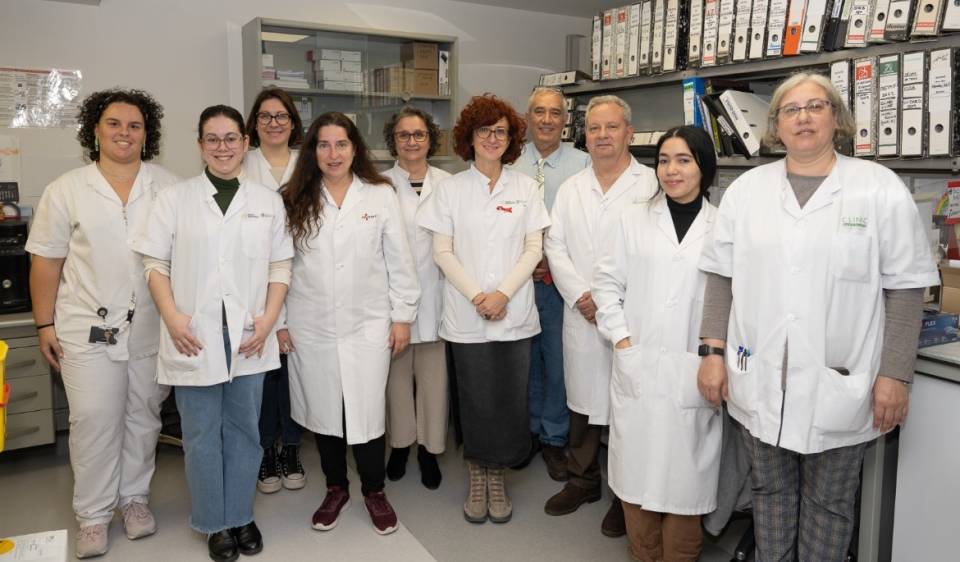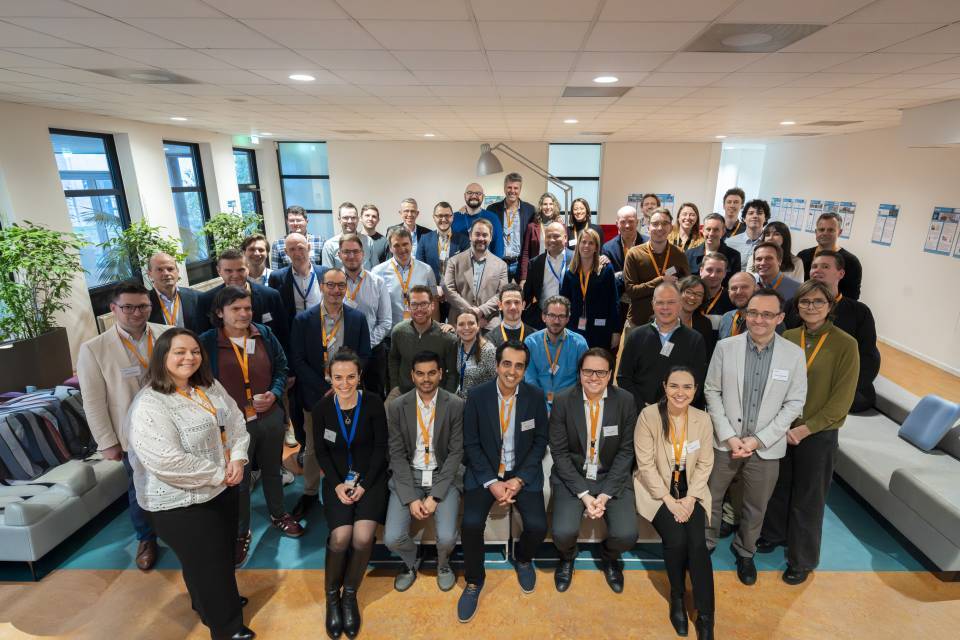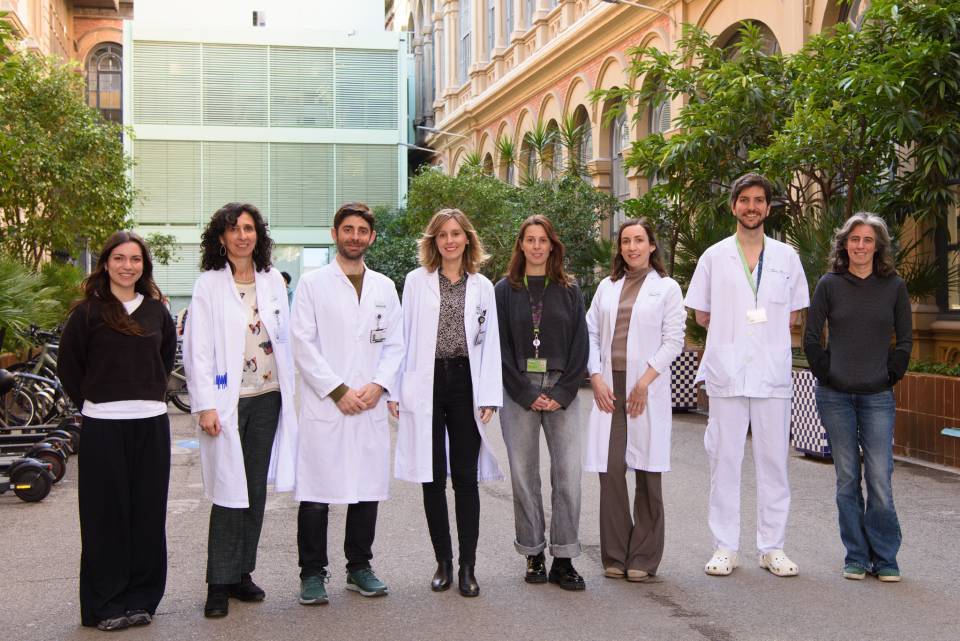A team from Clínic-IDIBAPS, within the framework of GeSIDA (AIDS Study Group of the Spanish Society of Infectious Diseases and Clinical Microbiology), has identified a set of immunological and virological alterations that could anticipate cancer development in people living with HIV — even as early as one year before diagnosis.
The study, presented at the 16th National GeSIDA Congress, paves the way for improving the early detection of non-AIDS-defining cancers (NADCs) in this population through more personalized immune monitoring.
HIV, cancer and immune aging
Since the introduction of antiretroviral therapy, the life expectancy of people with HIV has increased significantly. However, there has also been a rise in cancers not directly related to AIDS, whose incidence and mortality remain higher than in the general population. This increased risk is attributed to the accelerated aging of the immune system and to a reduced ability of the body to detect and eliminate tumor cells.
A detailed immunological and virological analysis
The study, conducted by researchers from the AIDS and HIV infection at Clínic-IDIBAPS, included 110 people living with HIV: 55 who were diagnosed with cancer between 2017 and 2023, and 55 without any history of tumors as the control group. All participants underwent tests to measure chronic inflammation, immune checkpoint markers, and the size of the HIV viral reservoir. Using advanced molecular analysis techniques, the team examined blood samples collected up to 12 months before the cancer diagnosis.
A distinct immune profile in those who develop cancer
Results showed that individuals with HIV who later developed cancer had nearly twice as much “integrated” virus in their cells compared to those without cancer. They also displayed higher levels of several altered immune signals, suggesting their immune system was both overactivated and fatigued. This included immune regulatory proteins such as LAG-3, PD-1, TIM-3, and CTLA-4, whose excessive activation can weaken the body’s ability to control both viruses and tumor cells.
Inflammatory markers such as CD30, CD30L, GROα, and TNF-RII were also elevated, reflecting a persistent state of inflammation linked to a higher risk of cancer development. Notably, these alterations were already present a year before the cancer diagnosis, suggesting their potential value as early indicators of cancer risk.
Toward more personalized cancer risk monitoring
The study suggests that people with HIV who develop cancer show an altered immunological and inflammatory profile that could be detected before clinical tumor onset. However, authors note that these findings should be considered preliminary and confirmed in larger patient series before being applied in clinical practice. These results underline the importance of incorporating immune biomarkers into the routine follow-up of people with HIV, to promote early detection of non-AIDS-defining cancers and improve patient outcomes.




